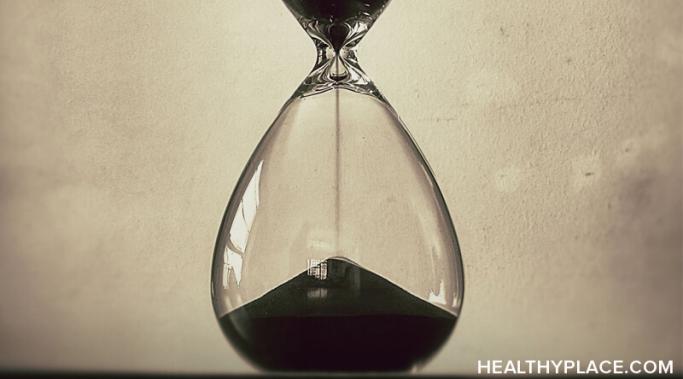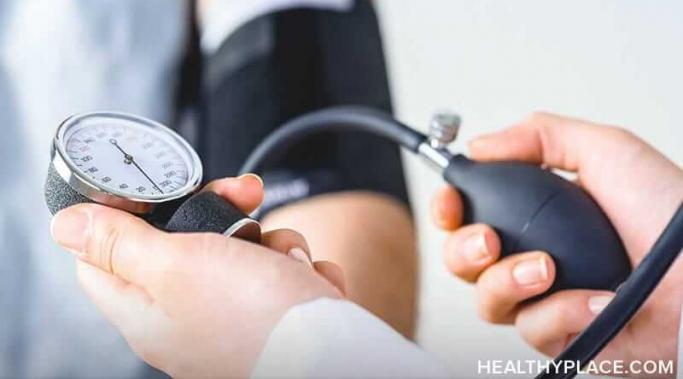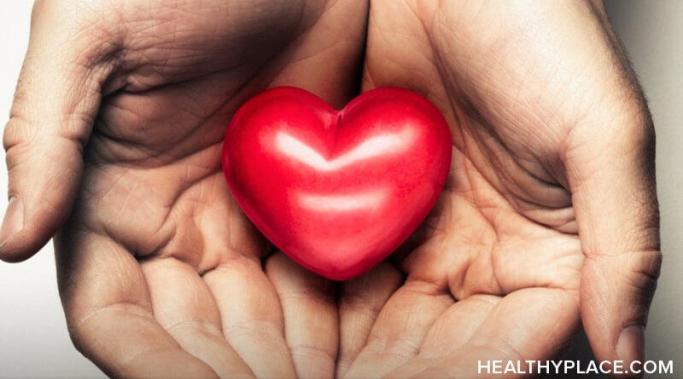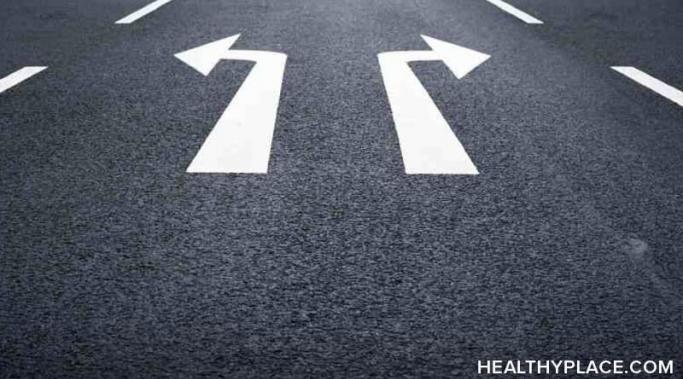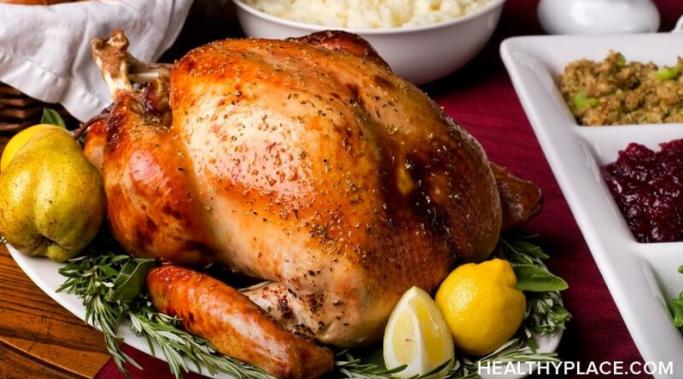As someone who has been on the healing journey for almost 15 years (and counting), I can assure you that there is no need to rush eating disorder recovery. Of course, this does not mean you should overlook urgent health concerns or delay the search for crucial therapeutic interventions. But once you are in a safe and stable place, the work to heal from those false narratives or unresolved traumas beneath your eating disorder behaviors can take years. This process does not come with a linear time frame, so moving too hastily through it could rob you of valuable growth opportunities. For this reason, I firmly believe there is no need to rush eating disorder recovery.
Surviving Eating Disorders Videos
It feels like I write an article on this topic at least once a year—but as someone who has dealt with sexual assault and a lifetime of body image pressures, I will return to the keyboard once again as society continues to devalue women's (anyone who identifies as such) bodies. So, why am I talking about it this time? The answer is simple: Because it's hard to escape the stark reminders that women's bodies are often not seen as culturally valuable or worth protecting. The devaluing of women's bodies infuriatingly continues.
I believe trauma is often a repercussion of eating disorder treatment. Of course, clinical interventions are helpful, beneficial, and even crucial parts of healing, but they can still be traumatic nonetheless. This might sound like an oxymoron, so let me explain the possible trauma of treatment.
As someone who started flirting with anorexic behaviors in early adolescence, I have cycled in and out of many toxic, compulsive traits over the years. But although I consider myself to be in a stable, consistent recovery mindset now, the competitive nature of my eating disorder still pulls me back into its orbit sometimes. In fact, I noticed this competitive streak reassert itself as recently as last night.
Receiving affirmation does not come naturally to me. My instinctive reflex is to feel uncomfortable whenever someone compliments me—even if the person doling out this kindness is a family member, close friend, or my partner. I automatically want to minimize the compliment so as to deflect attention as far from myself as possible.
I will be the first person to confess that physical rest does not come easily to me. In fact, one of the most persuasive lies from my eating disorder, which I'm still working to dismantle, is that I am not allowed to rest. For years, I assumed that a body in constant, relentless motion would equal strength, power, and control, whereas a body at rest would signal weakness. However, as recently as this past weekend, I had no choice but to pause and remember that rest is an essential part of eating disorder recovery—and health overall.
Over the past few months, my therapist and I have been talking about the power of choice in eating disorder recovery. I often think about this concept outside of therapy sessions too because it is so instrumental in my road to healing.
If there is one lesson I have taken from last year's events, it's that I am allowed to create space for burnout in eating disorder recovery. In fact, this goes beyond just permissible—creating space for burnout is essential for mental health and resilience. The feeling of burnout is sometimes inevitable in life, but it does not have to compromise eating disorder recovery. Here is how I deal with burnout in my own healing process.
Synonymous with gorging oneself on immense quantities of food and drink, for those of us in eating disorder recovery, Thanksgiving can be a stressful time. However, you don't have to suffer. There are some simple ways you can navigate Thanksgiving in eating disorder recovery, and they all involve one key strategy.
In this video blog, I'm sharing my tips for grocery shopping in eating disorder recovery. I know how stressful shopping for food can be for those of us in eating disorder recovery, particularly people in early recovery who are still trying to form healthy, nurturing relationships with food. Over the last decade, however, I've developed some strategies to make grocery shopping not only easier but even a source of joy.
